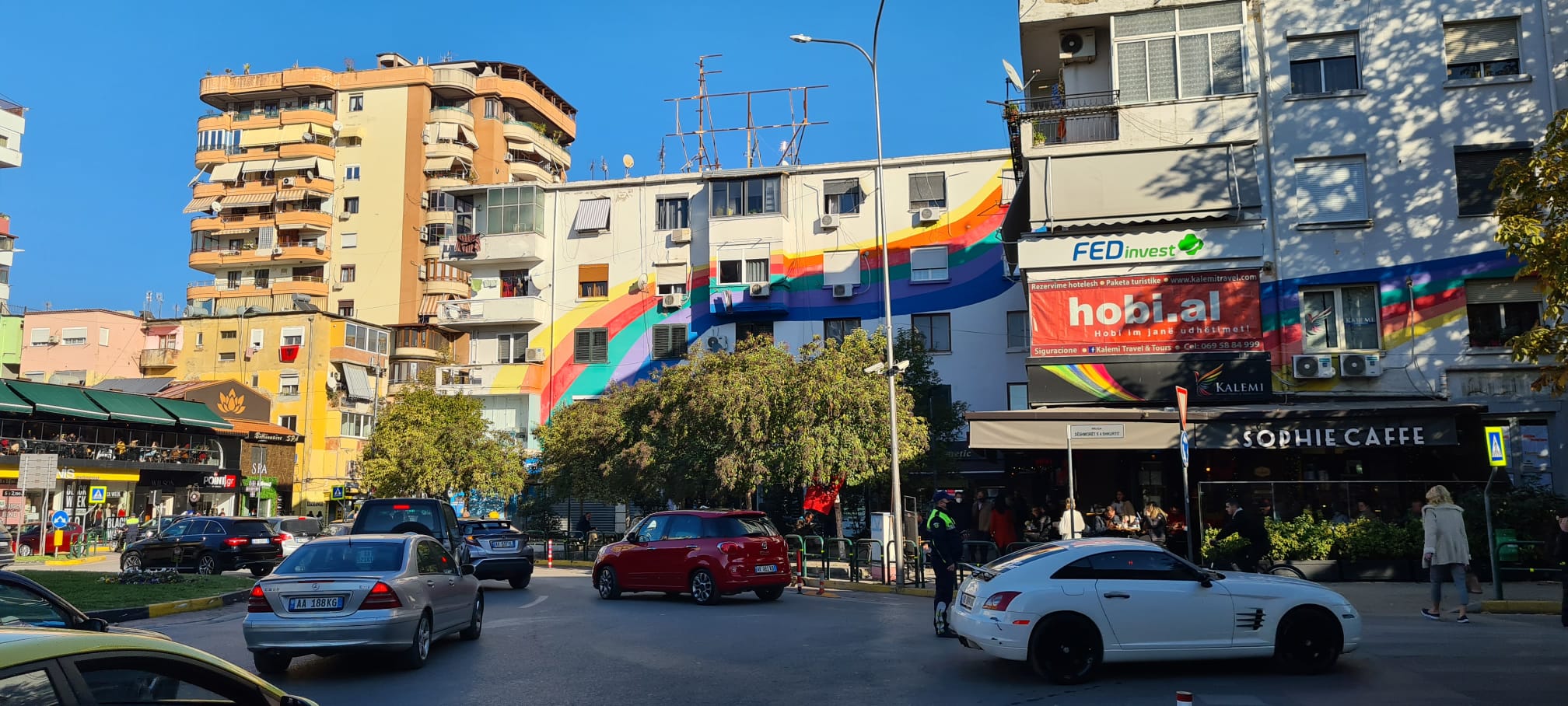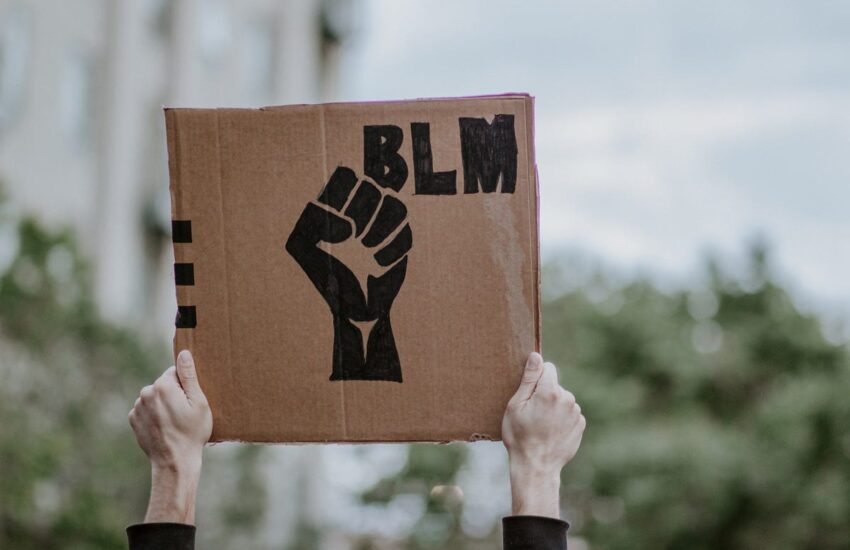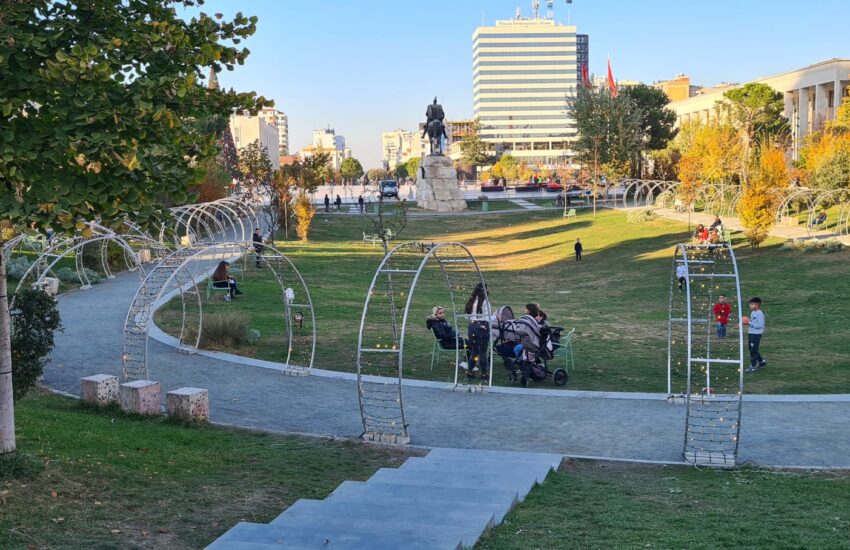A Guide for LGBTQ+ Travellers in Albania
As a member of the LGBTQ+ community myself, I would like to share my honest perspective on visiting Albania. Although there are anti-discrimination and anti-hate crime laws in place, LGBTQ+ issues are not widely accepted by the Albanian society. Same-sex marriage and registered partnerships are not legal, and cultural attitudes towards the community tend to be conservative, especially among older generations. While things are slowly changing and there are some areas where public displays of affection may be more accepted, I would advise to avoid unwanted attention or hostility by refraining from such displays, especially in remote areas.
Culturally speaking, it is very common for two female friends in Albania to hold each other’s hands, give kisses on the cheeks, hug or share a bed. Therefore, if you are a lesbian couple, unless you kiss on the lips or engage in more intimate touching, you may not attract much attention if you do any of the actions I mentioned. However, if you engage in more public displays of affection, you may encounter different reactions depending on where you are in Albania. It’s best to be cautious. For women, I would advise against being open about your sexuality if you visit remote places. These places are typically safe for solo female travellers, but I personally have had a bad experience when visiting some remote villages with my then-partner.
Gay men may face challenges expressing physical affection in public due to cultural expectations in Albania that men should not be physically affectionate with each other. It’s important to be aware of this cultural difference and adjust behaviour accordingly to avoid unwanted attention or misunderstanding. Being gay in Albania can be more difficult for men than women. This is partly because Albanian culture tends to view men as more emotionally reserved, making it harder for them to openly express their feelings and emotions. Additionally, the perception of homosexuality as being “unmanly” or “unnatural” can lead to discrimination and harassment.
If you’re looking for accommodations, I would suggest booking more upscale options such as fancy hotels or Airbnb properties. A quick Google search for LGBTQ+ friendly accommodation in Albania shows that many of the suggested options are indeed fancy hotels, which tend to attract more foreign customers. While not all fancy hotels may be explicitly gay-friendly, they are more likely to have a diverse and accepting clientele, which can lead to a more comfortable environment. On the other hand, some smaller family-owned hotels may not be as open to LGBTQ+ guests, so it’s important to do your research and read reviews before booking. Regardless of where you stay, I would advise being cautious and avoiding public displays of affection to ensure your safety.
Things are slowly changing, and LGBTQ+ issues are being discussed more openly on television. However, the sentiment towards the community is still negative, and public opinion is generally against it. But there are also accepting and welcoming people. if you’re interested in attending Albania’s annual Pride celebration, be sure to check for any updates or changes to the event. While the Pride parade is usually held in Tirana, the date and location may vary from year to year. Attending Pride can be a great way to connect with the LGBTQ+ community in Albania and show your support.
To my knowledge, there are no public gay bars in Albania, but there are a few gay-friendly bars in Tirana.
My top suggestions would be:
Overall, while Albania is my home country, I typically don’t like to visit or invest in countries where being part of the LGBTQ+ community is an issue. So, it’s up to you to decide whether it’s worth visiting or not. But I can tell you that for any heterosexual person, Albania would be a lovely place to visit (the irony of that!).









